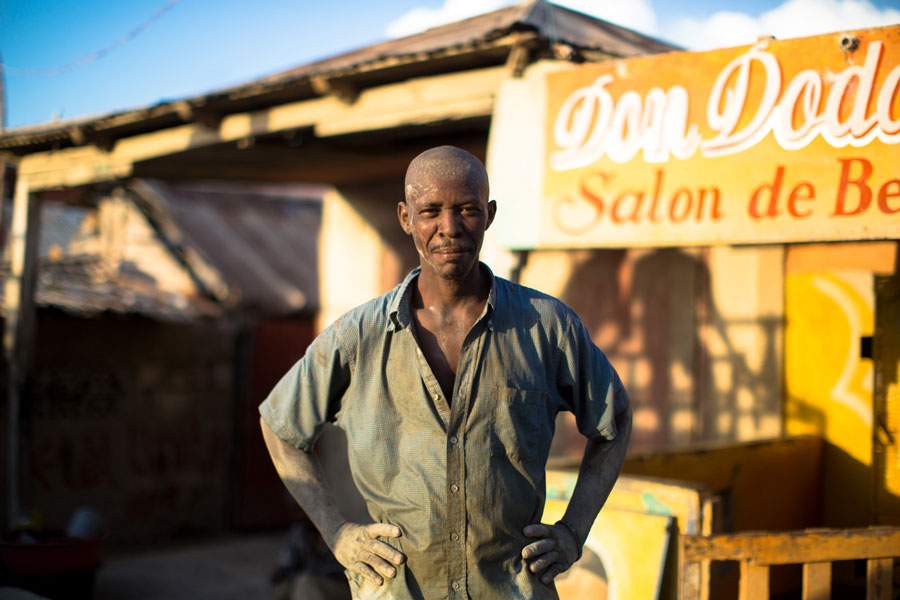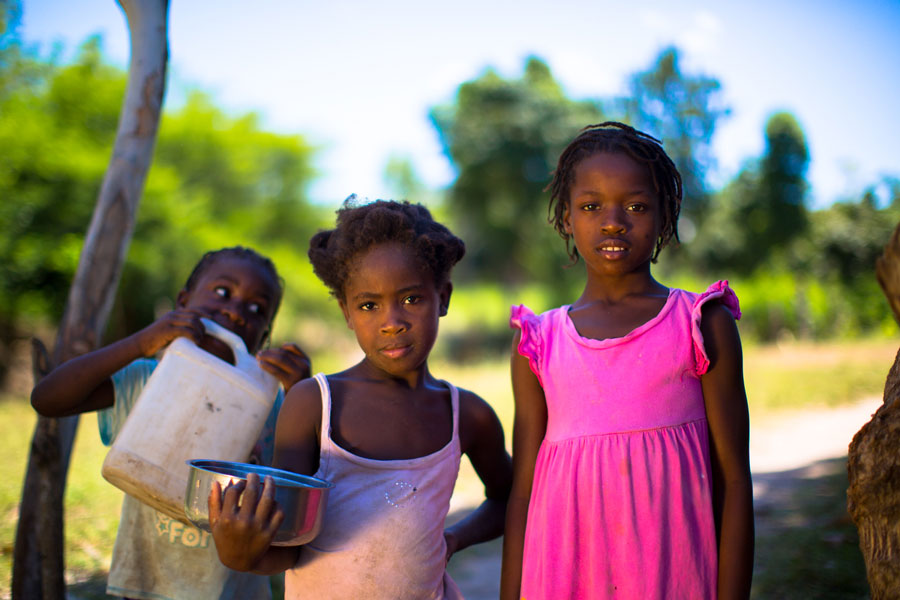The views expressed in our content reflect individual perspectives and do not represent the authoritative views of the Baha'i Faith.
While the world of nature stands in need of development, man’s approach to such development must be tempered by moderation, a commitment to protecting the “heritage [of] future generations”, and an awareness of the sanctity of nature… – Universal House of Justice, The Conservation of the Earth’s Resources, p. 78.
More and more, experts have concluded that the Western model of charitable giving and foreign aid has not worked well.
Focused on the national level, such West-to-East; North-to-South; or developed-to-developing country monetary largesse has often fostered increased corruption; tended to function in a prescriptive and paternalistic pattern; and generated top-down-driven inefficiencies and misplaced incentives in diverse economies throughout the developing world.
Accordingly, many governments and NGOs have begun to try different approaches. Everyone understands that the old charitable model is unsustainable; but so far few viable alternatives have arisen.
However, the global Baha’i community has a unique capacity-building approach to these development issues; and several Baha’i-inspired non-profit organizations have practiced that approach with a great deal of success. One of those organizations—the Haiti-based Smallholder Farmers Alliance—uses a cooperative, locally-based rural development method that has proven so successful it has now has the potential to become a global model.
SFA co-founder Hugh Locke says “For many years, most people saw smallholder farms as benefiting only from charity, and not as small businesses. To change that approach, we decided to engage directly with the farmers themselves, look at their enterprises as microbusinesses, then ask them: ‘what do you need to become successful?’”

“We soon realized that not only do smallholder farmers have the capacity to grow significantly larger quantities of food, but that they could do it without adding to global carbon emissions. When combined with tree planting, such sustainable farming practices can reduce the stress on forests.
“We found the most effective point of entry for development is at the community level, rather than at the national level. When you enhance the capacity of individual farmers they become the most effective agents of change. Rather than basing such change on unsustainable donations, we built a self-financed, business-oriented engine of development at the community level. We learned that a cooperative model makes the most sense—it’s a way to pull together a range of services and allow farmers to collectively bargain.”
Here’s how SFA’s Baha’i-inspired model works: In Haiti, which has been totally deforested, smallholder farmers volunteer to work in tree nurseries and to transplant and maintain the resulting trees on their own land, and on community land. They learn every aspect of tree cultivation, including which trees to interplant with which field crops. As they plant trees, the SFA members earn the agricultural services for their own crops.
As a result of their tree planting efforts, farmers earn better quality, non-hybrid, open-pollinated seed for their crops—which significantly raises their yield. Seeds include maize (corn), sorghum, eggplant, beans and many others, depending on the season and location. Along with seeds, the farmers earn good quality tools, and they also get training in the best methods of planting and harvesting—the agricultural education and extension services they’ve never had in the past. The result of this combination of better seeds, good tools and agricultural training results in an average yield increase of 40%. This, combined with lower input costs, leads to an average increase in household income of 50%.
For example: SFA’s agricultural extension training teaches farmers to plant their bean seeds further apart—a counter-intuitive, but high yield-producing tactic. It recommends alternate planting systems, with crop rotation. Instead of burning off plant residue after harvest, it teaches the benefit of keeping it in the field to increase organic content. It modifies the traditional irrigation farming practices, which results in much higher yields. Because of high levels of illiteracy, SFA has learned to demonstrate each technique. They also train smallholder farmers in better livestock-raising and harvest techniques, provide them with access to both domestic and export markets for their crops, and transfer information to farmers in such a way that they totally own it.
The SFA trainers do not employ the old, foreign aid-driven techniques of paying farmers to come to trainings, then using herbicides, pesticides and chemical fertilizers to increase their yields. Those techniques, besides their high, unsustainable expenses, have proven to degrade the environment over time, as well as resulting in long-term income losses for farmers. Organic farming on small farms may be more labor intensive than other systems, but higher rural employment is a definite plus when coupled with significantly increased yields and household income.

Also, one of SFA’s chief principles, inspired by the Baha’i teachings, is that all members—men and women—are equal partners in SFA regardless of their marital status. SFA has established a microcredit program only for women, which has been very successful in Haiti, giving female farmers the opportunities their male-dominated culture has never afforded them:
The world of humanity has two wings—one is woman and the other man. Not until both wings are equally developed can the bird fly. Should one wing remain weak, flight is impossible. Not until the world of woman becomes equal to the world of man in the acquisition of virtues and perfections, can success and prosperity be attained as they ought to be. – Abdu’l-Baha, Foundations of World Unity, pp. 29-30.
Woman must especially devote her energies and abilities toward the industrial and agricultural sciences, seeking to assist mankind in that which is most needful. By this means she will demonstrate capability and ensure recognition of equality in the social and economic equation. – Abdu’l-Baha, The Promulgation of Universal Peace, p. 283.
Want to learn more about this unique, successful approach to rural development and environmental sustainability? Take a look at the new documentary film about the Smallholder Farmer’s Alliance, called Kombit—which means “working together” in Creole: www.kombitfilm.com. The film is currently being shown in various locations across the U.S. (check the website), and if you like you can sign up on the website to host a screening either in the U.S. or any other country.
You May Also Like
Comments

















Credit?...egos, me & my's. ...Oh dear. Definitely tiring. We are all but His servants. He gets the credit.